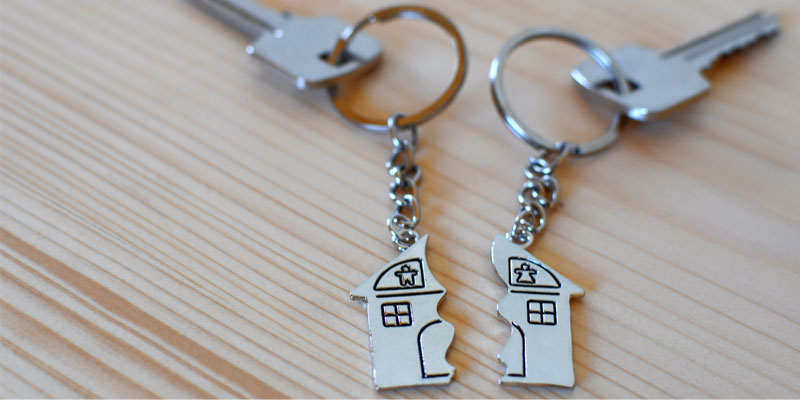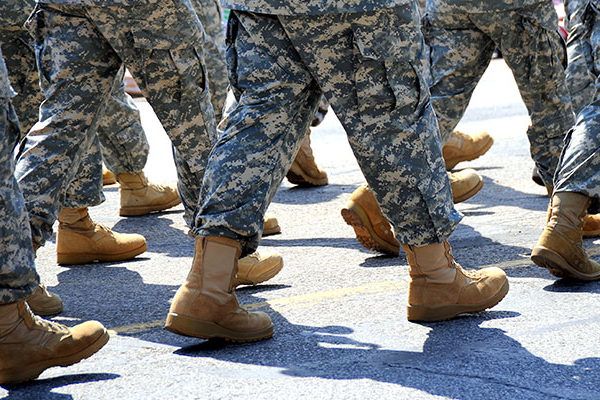
This is Part 2 of our “Divorce in Washington State” series. Check out Part 1 here.
How Long Does a Divorce Take?
Once you or your spouse file a petition for divorce, Washington State requires a 90-day waiting period before finalizing the divorce. Most divorces take anywhere from four to eighteen months to complete.
Issues that can impact the length of time to resolve a divorce include whether there are contested issues, if there are children involved, and the court’s schedule.
Dividing Property and Debts
The division of property is often one of the most contentious aspects of a divorce. During your divorce, all of your assets and debts, even those you hold separately from your spouse, will be allocated to one party or another, sometimes at the direction of the court.
Property includes your personal belongings, real estate, vehicles, business interests, funds in your bank accounts, and retirement benefits. But assets and debts are not necessarily divided evenly between the parties.
Washington is a community property state, which means that all property that a spouse acquires during the marriage becomes the property of both people, even if only one name is on the title. If you lived together before marriage, earnings and property from that time might also be classified as community property.
The courts will look at each asset and decide whether it is community or separate property. Then, a value is assigned to the asset. Finally, the courts will make a just and equitable division of assets, which may or may not be an equal split. This is a complex process and something you should discuss with a knowledgeable Washington divorce attorney.
Child Custody and Visitation
Another area that generates a lot of conflict in divorce cases is how parents will handle the situation with minor children after a divorce. Washington courts generally don’t use the terms “custody” and “visitation.” Instead, they refer to your parenting plan and residential schedule, and will rule on who has decision-making authority for your children.
When you get a divorce in Washington, the court will determine:
- Who has custody of minor children, or if there will be a shared custody arrangement;
- Visitation schedules, including holidays;
- Which parent has decision-making authority regarding your children’s medical care, schooling, and other issues; and
- How you will address any future disagreements.
The courts put all of this into a document called a “Parenting Plan.” If you have minor children, you are required to have a parenting plan. You can negotiate the terms of the plan with your spouse, work it out through mediation, or the court will make the decisions for you. The plan is considered a court order once approved, so there can be serious consequences for not adhering to it.
What About Child and Spousal Support?
Child support and spousal support are financial obligations that may exist after divorce. If you have minor children, one parent is going to end up paying child support, and this is an issue separate from your parenting plan.
The determination of child support in Washington State can be a complicated matter. The state looks at the income of both parents as well as a variety of other factors. These include any employment issues, other children of either party, any special needs of the child, the residential schedule of the child, and more.
Spousal support, sometimes referred to as spousal maintenance or alimony, is money paid by one spouse to the other post-divorce. It can be a single lump sum payment, last just a few months, or be paid indefinitely. Spousal support isn’t awarded in every divorce case, so it’s important to speak with your attorney about your rights and obligations.
Our “Divorce in Washington State” series is continued in Part 3.







cialis generic tadalafil